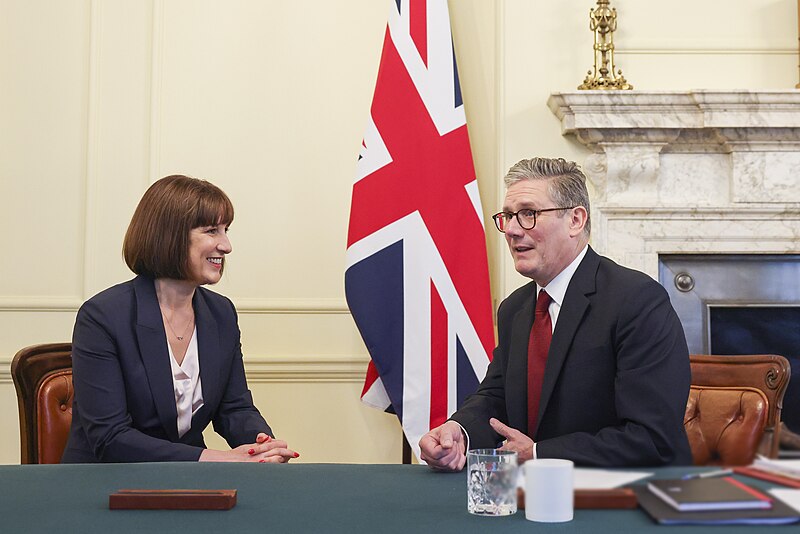
Stronger UK-China financial links to foster secure and resilient economic expansion, supporting government’s top priorities.
The UK has secured agreements worth £600 million over the next five years through closer cooperation with China, with potential to deliver up to £1 billion in value. These agreements follow the easing of market access restrictions in sectors like agri-food, helping British businesses compete globally and grow exports.
Despite strengthening ties, the UK remains firm on issues of contention, with Chancellor Rachel Reeves raising critical concerns about China’s support for Russia’s illegal war, interference in domestic affairs, and sanctions imposed on British MPs.
A balanced partnership for growth
Chancellor Reeves, hosted by Vice Premier He Lifeng in Beijing, emphasized the need for a stable and balanced relationship. Both parties agreed to deeper collaboration in key areas such as financial services, trade, investment, and climate initiatives while maintaining transparency on sensitive issues.
Chancellor of the Exchequer Rachel Reeves said: “The agreements we’ve reached show that pragmatic cooperation between the world’s largest economies can help us boost economic growth for the benefit of working people – a priority of our Plan for Change. More widely, today is a platform for respectful and consistent future relations with China. One where we can be frank and open on areas where we disagree, protecting our values and security interests, and finding opportunities for safe trade and investment”.
Strengthening financial services ties
The UK is a key financial partner for China, with major firms such as HSBC, Standard Chartered, Prudential, Schroders, abrdn, Fidelity International, and the London Stock Exchange Group accompanying the Chancellor as part of a business delegation. New licenses and expanded quotas for UK firms will enable them to scale operations in China, further cementing financial ties.
Additional initiatives include improving capital market connectivity through enhanced UK-China Stock Connect, launching over-the-counter bond trading, and exploring cooperation in sustainable finance and pensions. Notably, China plans to issue its first overseas sovereign green bond in London by 2025, aimed at financing sustainable projects.
In recognition of the growing asset management sector’s role in economic development, both countries will also explore a Wealth Connect programme.
Open dialogue on security and trade concerns
Both sides agreed to establish improved channels for dialogue on sensitive matters, ensuring candid discussions on national and economic security. Reeves highlighted the UK’s concerns over economic imbalances and industrial policies, with both countries committing to foster fair competition and a global level playing field.
The Chancellor reiterated the government’s commitment to national security, raising concerns about cyber threats, interference in UK democracy, and the treatment of British National Jimmy Lai. She also addressed human rights issues, including Xinjiang and forced labour, while condemning China’s sanctions on UK Parliamentarians as unjustified.
Expanding trade and investment opportunities
New agreements will bolster UK exports in key sectors, particularly agri-food, with expanded market access for pork, wool, poultry, and pet food. China also committed to liberalizing sectors such as education and culture, promoting fair competition and further foreign investment opportunities.
Beyond agri-food, agreements on vaccine approvals, fertilisers, whisky labelling, legal services, automotive standards, and accountancy are part of a broader effort to enhance UK exports and investment. These developments position the UK to unlock up to £1 billion in economic value through the ongoing UK-China Economic and Financial Dialogue (EFD).
Tackling shared global challenges
The UK and China will strengthen their clean energy partnership and launch a dialogue on international development to address global challenges collaboratively.
Looking ahead, both sides will maintain regular high-level dialogues and technical exchanges across trade, science and technology, intellectual property, customs, sports, and the creative industries to support sustained cooperation. Photo by Simon Dawson / No 10 Downing Street, Wikimedia commons.







































